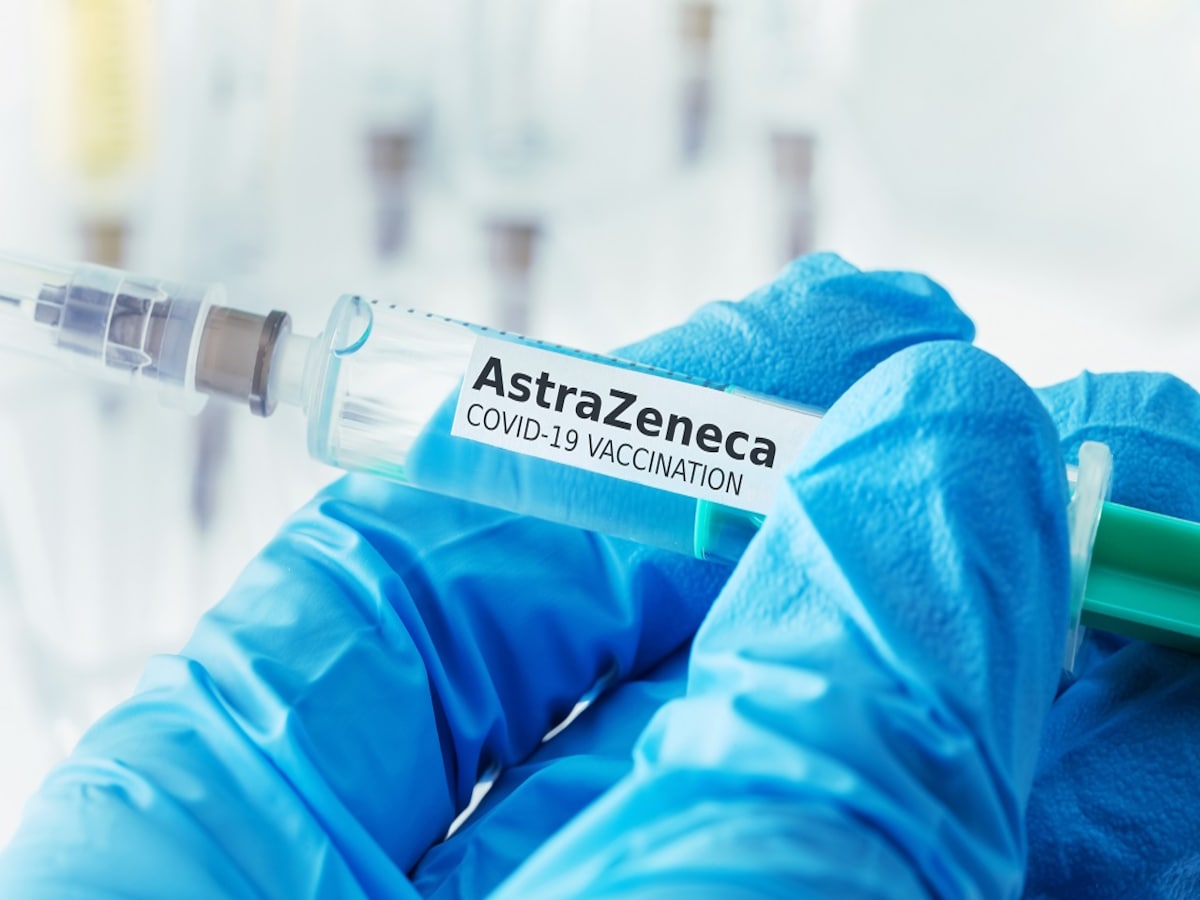AstraZeneca Launches Cancer Care Africa Programme in Kenya

Today, we bring you a groundbreaking development in cancer care within the African continent.
Cancer Care Africa Programme Unveiled
AstraZeneca, a global science-led biopharmaceutical company, has taken a significant step towards improving cancer care in Kenya. In collaboration with its partners, including the Ministry of Health, the Kenya Society of Haematology and Oncology (KESHO), Axios, and also the National Cancer Institute of Kenya (NCI), AstraZeneca has launched the Cancer Care Africa programme. This initiative aims to revolutionize cancer care by equitably improving access and outcomes across the patient care pathway, from diagnosis through to treatment and also beyond.
Addressing the Growing Concern
Cancer is now a major public health concern in Kenya and across Africa. Shockingly, in 2022 alone, there were 44,726 cancer cases reported in Kenya, also resulting in 29,317 cancer-related deaths. Today, cancer ranks as the third leading cause of death in Kenya, following infectious diseases and cardiovascular non-communicable diseases (NCDs). Across the entire African continent, it also stands as the fifth leading cause of death.
The Vision of Cancer Care Africa
The Cancer Care Africa programme seeks to address the challenges faced by patients and healthcare systems. It focuses on several key areas:
- Early Detection: By supporting early detection efforts, the programme aims to catch cancers at a treatable stage.
- Timely Diagnosis: Increasing timely diagnosis is crucial for better patient outcomes.
- Treatment Access: The initiative strives to improve access to treatment options for cancer patients across Kenya.
Government Commitment and Collaboration
Speaking at the launch event held at the Serena Hotel in Nairobi, Health Cabinet Secretary Nakhumicha S. Wafula emphasized the significance of this collaborative effort. She stated, “This initiative has the potential to significantly improve access to diagnosis, treatment, and care, ultimately saving lives and improving the well-being of Kenyans impacted by this disease, as well as their families and communities.”
AstraZeneca’s Commitment
Executive Vice-President of the Oncology Business Unit at AstraZeneca, highlighted the urgency of joint action. With an increasing number of cancer diagnoses in Kenya and across Africa, improving patient outcomes and also safeguarding healthcare systems have also never been more critical. The Cancer Care Africa programme has also already made a tangible impact by donating ultrasound biopsy machines to seven hospitals in Kenya for early prostate cancer diagnosis. Additionally, they provided the country’s first biomarker testing machine for Epidermal Growth Factor Receptor (EGFR) mutations to Aga Khan University Hospital.
Pillars of Action
Dave Fredrickson, Executive Vice-President, Oncology Business Unit, AstraZeneca
Dave Fredrickson: “To tackle these barriers, the CCS programme focuses on four pillars of action:
- Building Capacity and Capabilities: We are committed to supporting over 100 oncology centres and providing training for more than 10,000 healthcare professionals. Quality of care is our priority.
- Enhancing Screening and Diagnostics: We will enhance screening and diagnostics for lung, breast, and also prostate cancer. Early detection is also key to improving patient outcomes.
- Empowering Patients: By engaging with local patient advocacy groups, we aim to address real patient needs, increase disease awareness, and also support informed decision-making.
- Enabling Access to Medicines: We’ll introduce flexible models to enhance the availability of critical cancer medicines.”
Remember, dear viewers, this collaborative effort represents hope for cancer patients and their families. Let us continue to support initiatives that bring us closer to a world where cancer is no longer a devastating threat.

